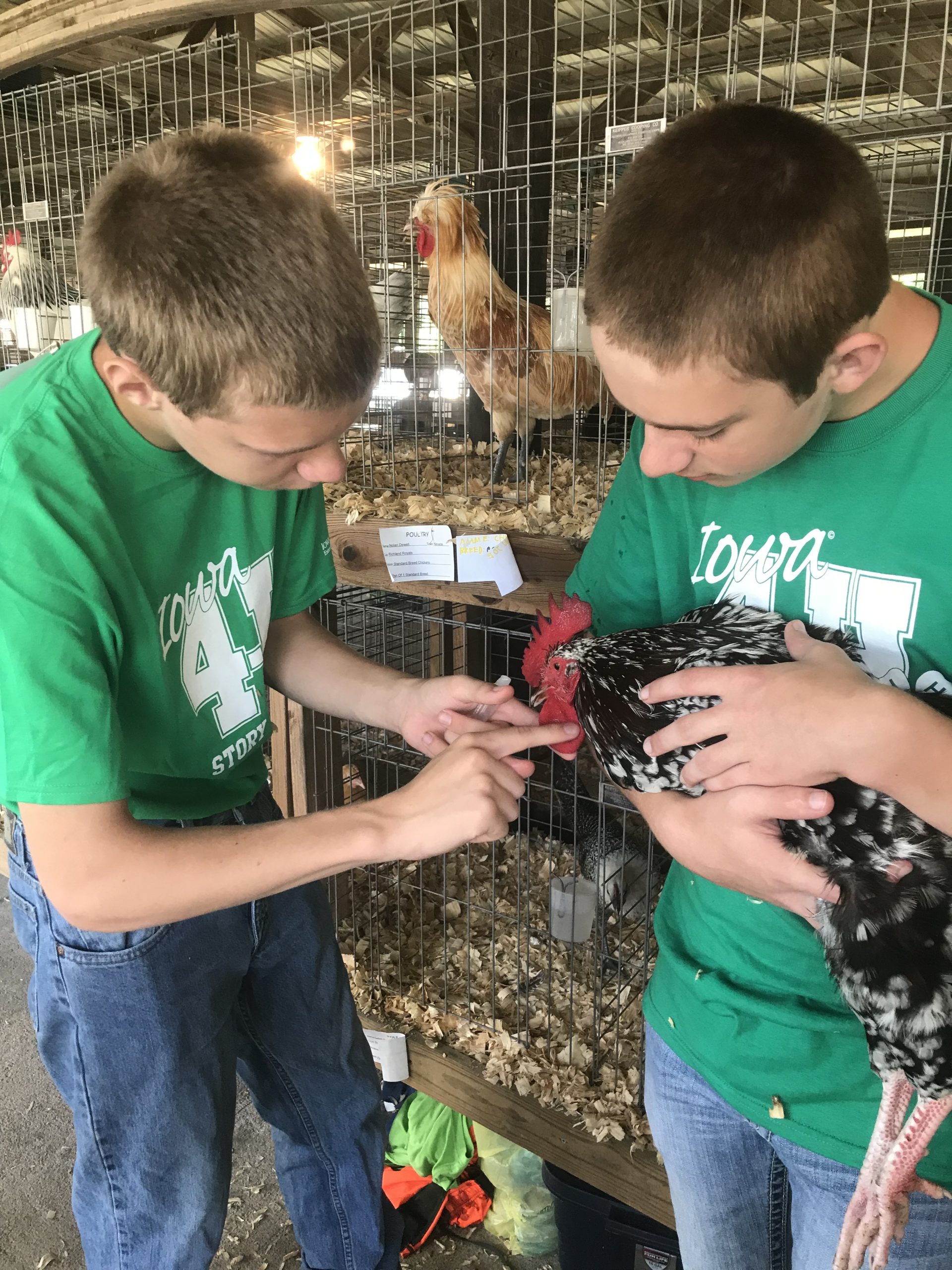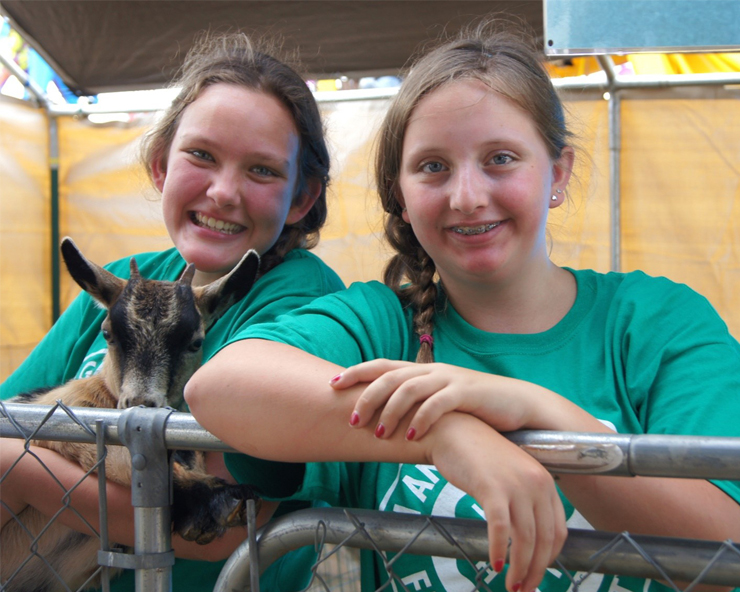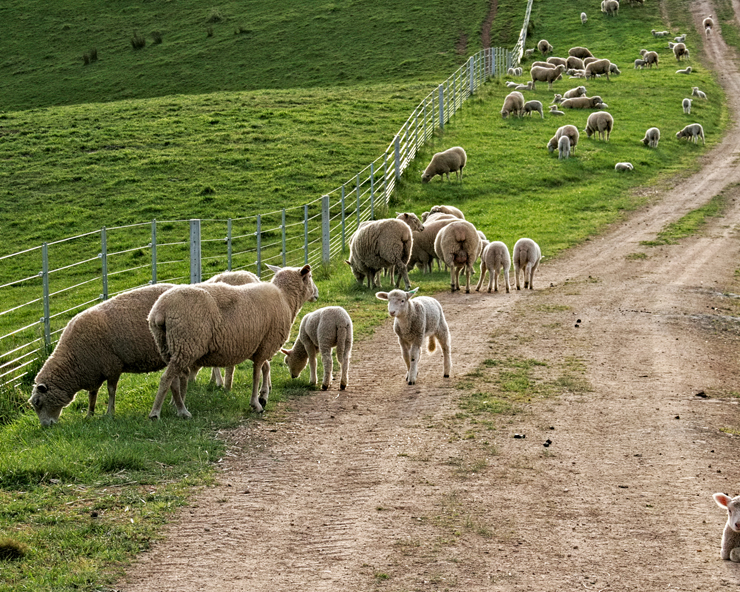I pledge my head to clearer thinking,
my heart to greater loyalty,
my hands to larger service, and
my health to better living
for my club, my community, my country, and my world.
For more than 100 years, young people have recited the 4-H pledge. Rooted in values that promote growth, responsibility, and community engagement, 4-H has helped millions of kids develop leadership, confidence, and real-world skills.
Today’s 4-H members play an important role in shaping the agriculture industry’s future. As fewer children grow up on farms, programs like 4-H work to keep young people connected to the land and know where their food comes from.
4-H supports the agriculture industry by:
- Introducing club members to careers in farming, agri-business, veterinary science, environmental management, and food production.
- Helping club members explore agricultural challenges, such as sustainable farming and technological developments like precision agriculture.
- Educating club members on new techniques in agriculture, like organic and alternative production methods.
- Training club members as ambassadors for agriculture, focusing on the importance of farming and bridging the urban/rural gap.
Led by county extension offices and local clubs, 4-H is a development program for all youth. In addition to agriculture, club members can also learn about family and consumer sciences, creative arts, STEM, and personal development.
You can find 4-H alumni from all walks of life! There are sure to be some in your community. 4H alumni include US Presidents and first ladies, leaders of the Navaho nation, Nobel prize winners, artists, actors, writers, country music singers, astronauts and more. List of 4-H alumni
Know someone interested in joining or supporting 4-H? Visit your local extension office or check out 4-H.org to learn how to get involved. Read more about 4-H project areas from Iowa State University Extension. Future Farmers of America (FFA) is a school-based program for high schoolers that is similar to 4-H. Check out the FFA website for more information.
Photo by UGA Extension – Fayette County










